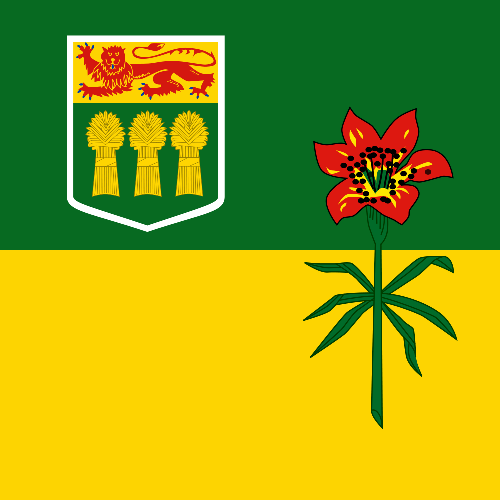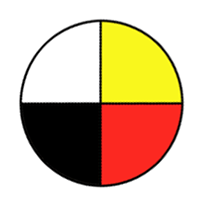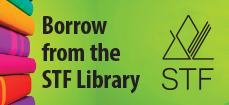Examine the effects of physical forces, magnetic forces, light energy, sound energy, and heat energy, on objects in their environment.
SI
| (a) |
Investigate how applying or removing physical and magnetic forces of varying intensity can cause objects (e.g., toy cars, blocks, balls, pencils, and books) in their environment to move, stop moving, stay at rest, or change direction. |
| (b) |
Predict and test the results of applying physical and magnetic forces, including friction, to an object or removing forces from an object. |
| (c) |
Describe the effects of applying forces of varying intensity on various objects using personal language such as "it moved", "it stopped", and "it changed direction". |
| (d) |
Observe the effects of magnets on a variety of metallic and non-metallic objects (e.g., nails, screws, pencils, paper, keys, paper clips, and clothing) and sort those objects based on their attraction to magnets. |
| (e) |
Identify natural and artificial sources of light, sound, and heat in their environment. |
| (f) |
Conduct simple investigations into the effects of light, sound, and heat on different objects, including self, through free exploration, focused exploration, and guided activity using inquiry skills (e.g., heat melting crayons, sunlight fading paper, and rice on a drum bouncing). |
| (g) |
Describe personal observations of the effects of light, sound, and heat energy on objects, including self, using stems such as I see, I hear, it feels, it smells, and it tastes (when safe and appropriate to do so). |
| (h) |
Predict effects (e.g., plant growth is reduced, danger warnings are not heard, and objects may freeze) of the removal of light, sound, and/or heat from their environment. |







Numerous opportunities are provided for students to engage in hands-on explorations that ensure a thorough understanding of key science concepts. Each unit opens with a Big Question to guide learning. Throughout the unit, there are four levels of inquiry. The Explore Activity allows students to build background knowledge. Teachers direct instruction in Directed Inquiry. In Guided Inquiry, students become independent learners with guidance from the teacher. Students choose their own questions, create and carry out plans, collect and record data and share data in Open Inquiry.
Additional materials for students and teachers are available online at www.myngconnect.com/login/chooseMainUI.spr
- Earth Science. Assessment Handbook
- Earth Science. Become an Expert. Day and Night in the City
- Earth Science. Become an Expert. Day and Night in the Woods
- Earth Science. Become an Expert. Day and Night on a Farm
- Earth Science. Become an Expert. People Play in All Kinds of Weather
- Earth Science. Become an Expert. People Travel in All Kinds of Weather
- Earth Science. Become an Expert. People Work in All Kinds of Weather
- Earth Science. Big Ideas and Vocabulary Cards
- Earth Science. Day and Night/Weather and Seasons. Classroom Set
- Earth Science. Explore on Your Own. Bright At Night
- Earth Science. Explore on Your Own. Daytime and Nighttime
- Earth Science. Explore on Your Own. Weather Fun
- Earth Science. Explore on Your Own. Weather on a Trip
- Earth Science. Explore on Your Own. What Does It Look Like?
- Earth Science. Explore on Your Own. Working in Snowy Weather
- Earth Science. Learning Masters
- Physical Science. Assessment Handbook
- Physical Science. Become an Expert. Animals Push and Pull
- Physical Science. Become an Expert. Objects at a Fair
- Physical Science. Become an Expert. Objects at a Park
- Physical Science. Become an Expert. Objects at a Party
- Physical Science. Become an Expert. People Push and Pull
- Physical Science. Become an Expert. Vehicles Push and Pull
- Physical Science. Big Ideas and Vocabulary Cards
- Physical Science. Explore on Your Onw. Push and Pull Faces
- Physical Science. Explore on Your Own. Pack a Picnic
- Physical Science. Explore on Your Own. Pizza Party
- Physical Science. Explore on Your Own. Toys to Push and Pull
- Physical Science. Explore on Your Own. What Can Pull Wagons?
- Physical Science. Explore on Your Own. What is Red?
- Physical Science. Learning Masters
- Physical Science. Observing Objects/How Things Move. Classroom Set


- Build It!: Structures, Systems, and You
- Change It!: Solids, Liquids, Gases and You
- Move It!: Motion, Forces and You
- Touch It!: Materials, Matter and You

